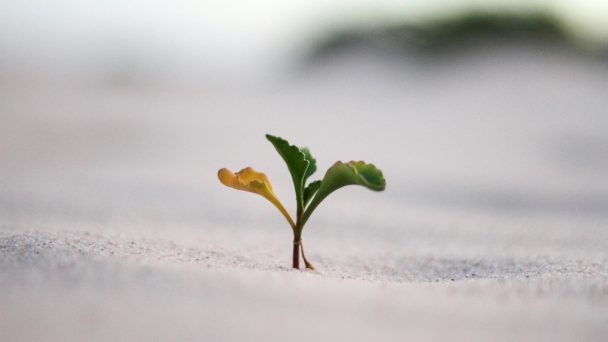Starting a conversation about alcohol helps part II

Last Wednesday you read that setting clear rules has no effect on the relationship with your child. Children generally like to know where they stand. Your stance on alcohol use affects them more than you think. Below we break down a few more assumptions about parenting and alcohol.
Statement 3: If you drink yourself, there is little point in setting rules.
Let's assume that setting rules always makes sense, regardless of whether you drink or not. There is a big difference between you and your teenager. You are an adult and he or she is not. Ideally, you should set rules around alcohol consumption before your child starts drinking. In addition, it is advisable not to drink alcohol in the presence of your child.
Statement 4: Drinking at home is better than anywhere else.
It is even better to indicate that drinking under the age of 18 is a 'no go'. You may think that it is easier to monitor and control drinking at home, but research shows that young people who are allowed to drink at home with their parents drink more than young people who are not allowed to drink at home.
| Your influence on your 18-year-old
The most effective strategy up to the age of 18 is therefore clear. But what if your 17-year-old just isn't adhering to this, or if your child is 18, 19, or 20? If not drinking at all is not an option, then talking to your child about alcohol remains the best tactic. Many parents let go of rules about alcohol once their child is 18 years or older. And that while as a parent you have more influence on the drinking behavior of your adolescent or young adult child than you may think. Research into drinking behavior among young people shows that many adolescents and young adults indicate that they do take into account the limits set by their parents. Although these are sometimes exceeded, the chance of excessive drinking turns out to be a lot smaller with clear agreements and with a clear picture of what you as a parent approve or disapprove of in terms of alcohol. |
Statement 5: I used to have a drink too and everything turned out fine with me.
In many cases, that kite flies. In the past, not much was known about the harmful effects of alcohol. We only now know that delaying starting to drink is very important. Alcohol is harmful to the development of the adolescent brain. Alcohol has a depressant effect on the brain. It inhibits activity in certain areas of the brain, causing changes in mood and behaviour. Adolescents react differently to alcohol than adults, because their brains are still developing until they are 25. Source: alcoholinfo.nl.


